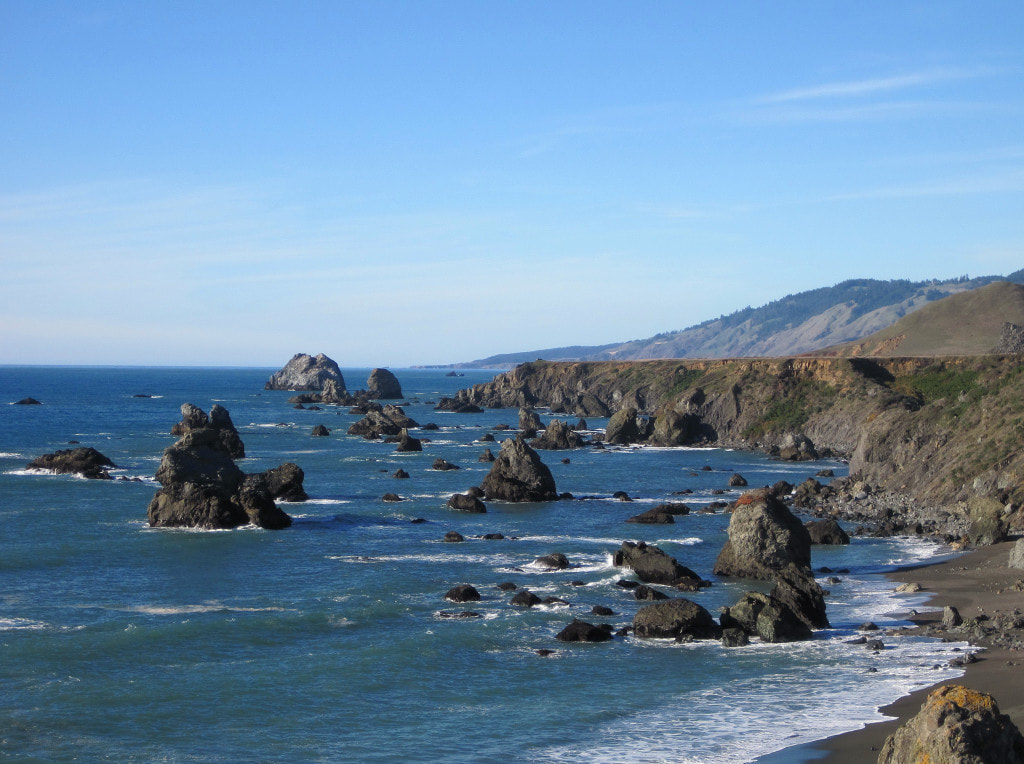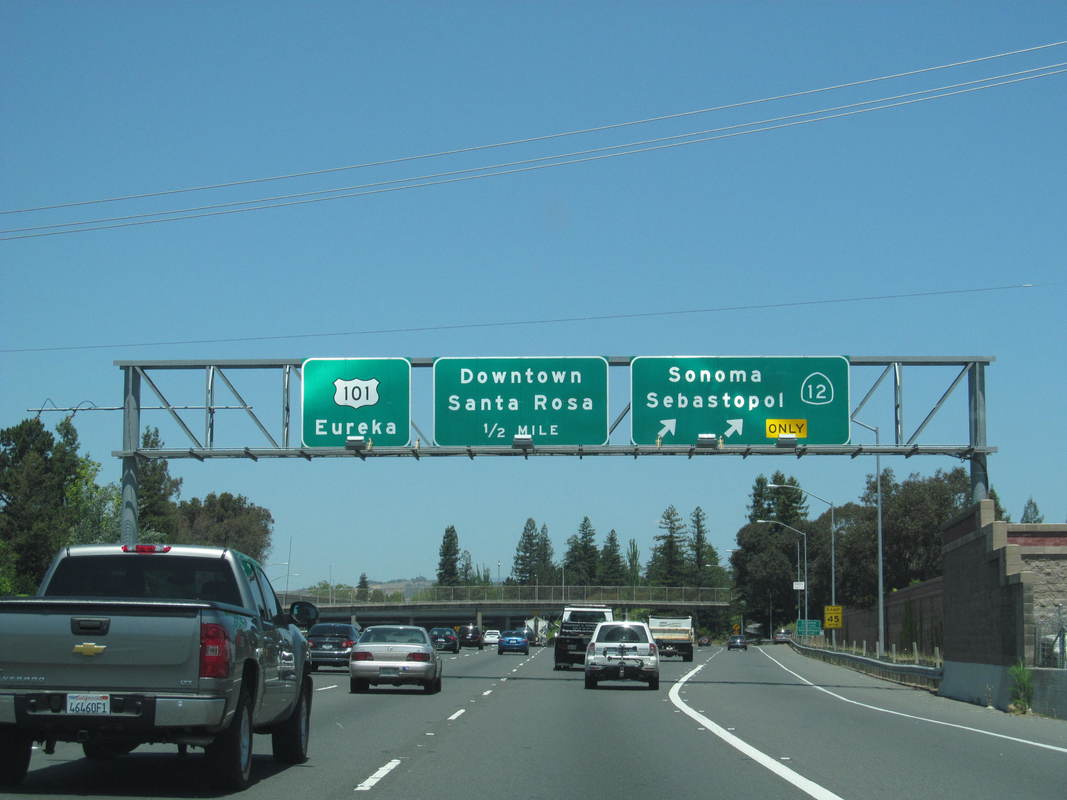|
Should the police be allowed to take DNA samples from people they arrest on charges related to serious crimes, even if there are no plans to prosecute the arrestee for the offenses? While many of us would like to think not, the U.S. Supreme Court, in a 5-4 decision in Maryland v. King, said they could.[1]
Ginsberg, Sonia Sotomayor and Elena Kagan in the minority. Before reaching the US Supreme Court, the Maryland Court of Appeals had held that the DNA sample from the Defendant was unlawful. His DNA had been taken after his 2009 arrest on assault charges, and the helped to link him to an old rape case, and he was subsequently convicted of the rape. Sustaining the conviction, the US Supreme Court the majority asserted that the collection of DNA samples is merely the 21st-century equivalent of collecting fingerprints. “When officers make an arrest supported by probable cause to hold for a serious offense and they bring the suspect to the station to be detained in custody, taking and analyzing a cheek swab of the arrestee’s DNA is, like fingerprinting and photographing, a legitimate police booking procedure that is reasonable under the Fourth Amendment,” Kennedy wrote. “There can be little reason to question ‘the legitimate interest of the government in knowing for an absolute certainty the identity of the person arrested, in knowing whether he is wanted elsewhere, and in ensuring his identification in the event he flees prosecution.’ . . . In the balance of reasonableness required by the Fourth Amendment, therefore, the Court must give great weight both to the significant government interest at stake in the identification of arrestees and to the unmatched potential of DNA identification to serve that interest.” That said, however, the court made sure to note that the need for identification alone is not enough to justify a search. As could be expected, not all the justices agreed that the need for identification outweighed the privacy interests at stake, fearing that the court’s ruling could open up the possibility of DNA swabs being collected by law enforcement after making any kind of arrest. The “judgment will, to be sure, have the beneficial effect of solving more crimes; then again, so would the taking of DNA samples from anyone who flies on an airplane (surely the Transportation Security Administration needs to know the ‘identity’ of the flying public), applies for a driver’s license or attends a public school. Perhaps the construction of such a genetic panopticon is wise. But I doubt that the proud men who wrote the charter of our liberties would have been so eager to open their mouths for royal inspection,” Scalia wrote. “I, therefore, dissent and hope that today’s incursion upon the Fourth Amendment, like an earlier one, will some day be repudiated.” [1] Justice Anthony Kennedy, writing for the majority, was joined by Chief Justice John Roberts and Justices Clarence Thomas, Stephen Breyer and Samuel Alito. Justice Antonin Scalia, who wrote the dissenting opinion, was joined Justices Ruth Bader Ginsberg, Sonia Sotomayor and Elena Kagan in the minority. Comments are closed.
|
AuthorDevina strives to make information relevant to the lives of her clients easily accessible. Archives
July 2024
Categories
All
|
Proudly serving Sonoma, Marin, Napa, Mendocino and Lake Counties (and occasionally venturing as far as Yolo, Santa Clara and San Mateo Counties).
Proudly powered by Weebly
This website is for informational purposes only and does not provide legal advice. Do not act or refrain from acting based on anything you read on this site. Using this site or communicating with the Law Office of Devina Douglas through this site does not form an attorney/client relationship. This site is legal advertising. Please review the full disclaimer for more information. (LINK TO FULL DISCLAIMER PAGE)

 RSS Feed
RSS Feed




